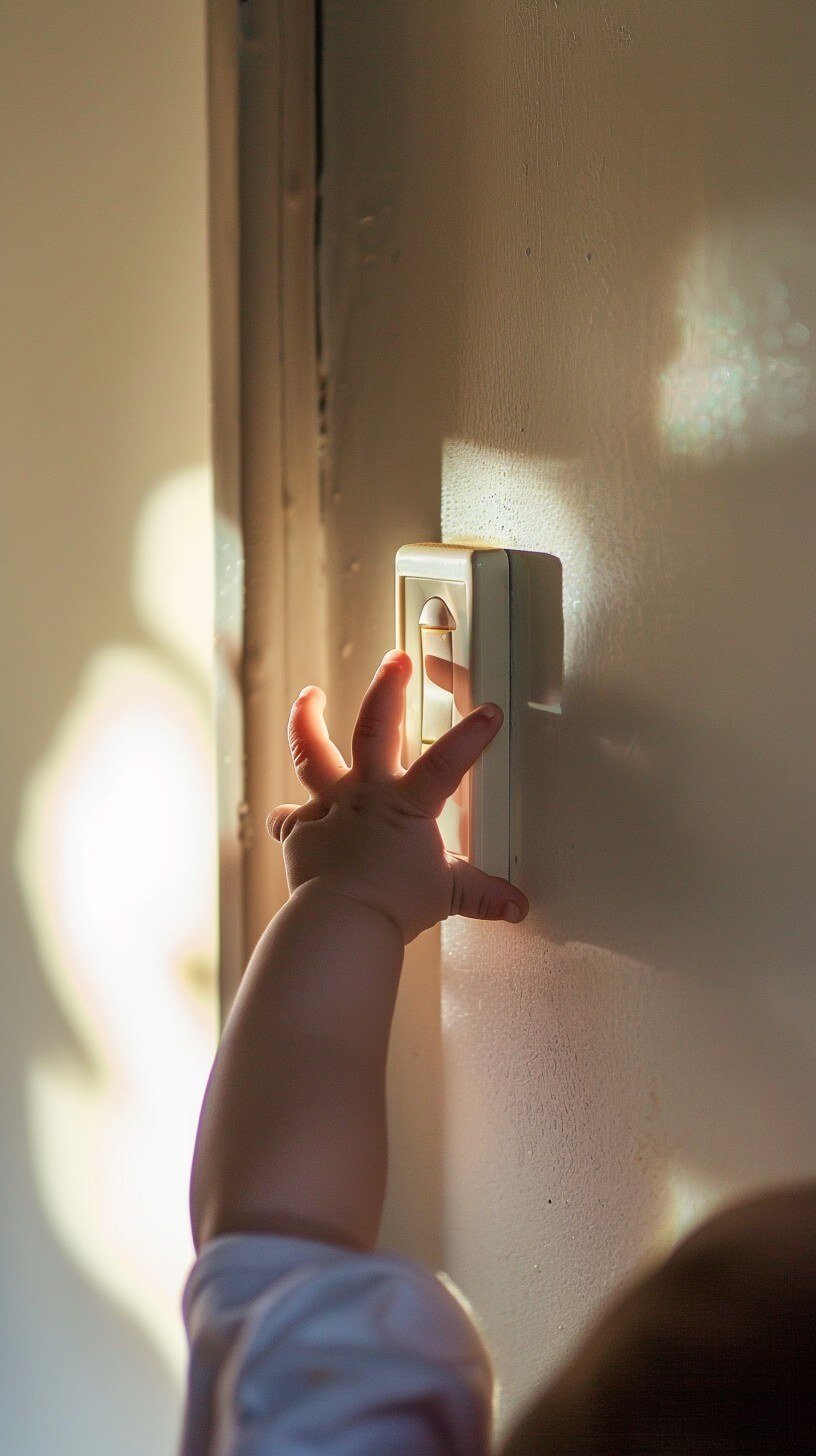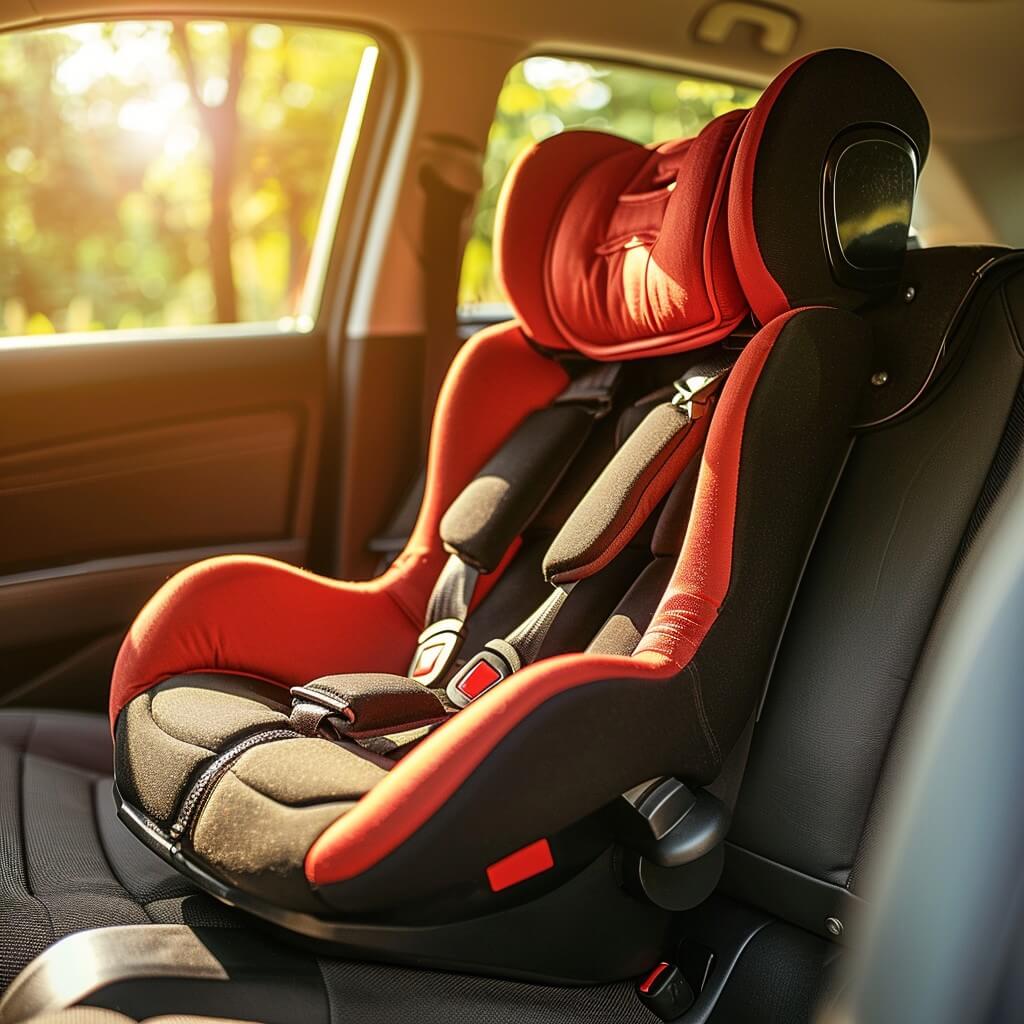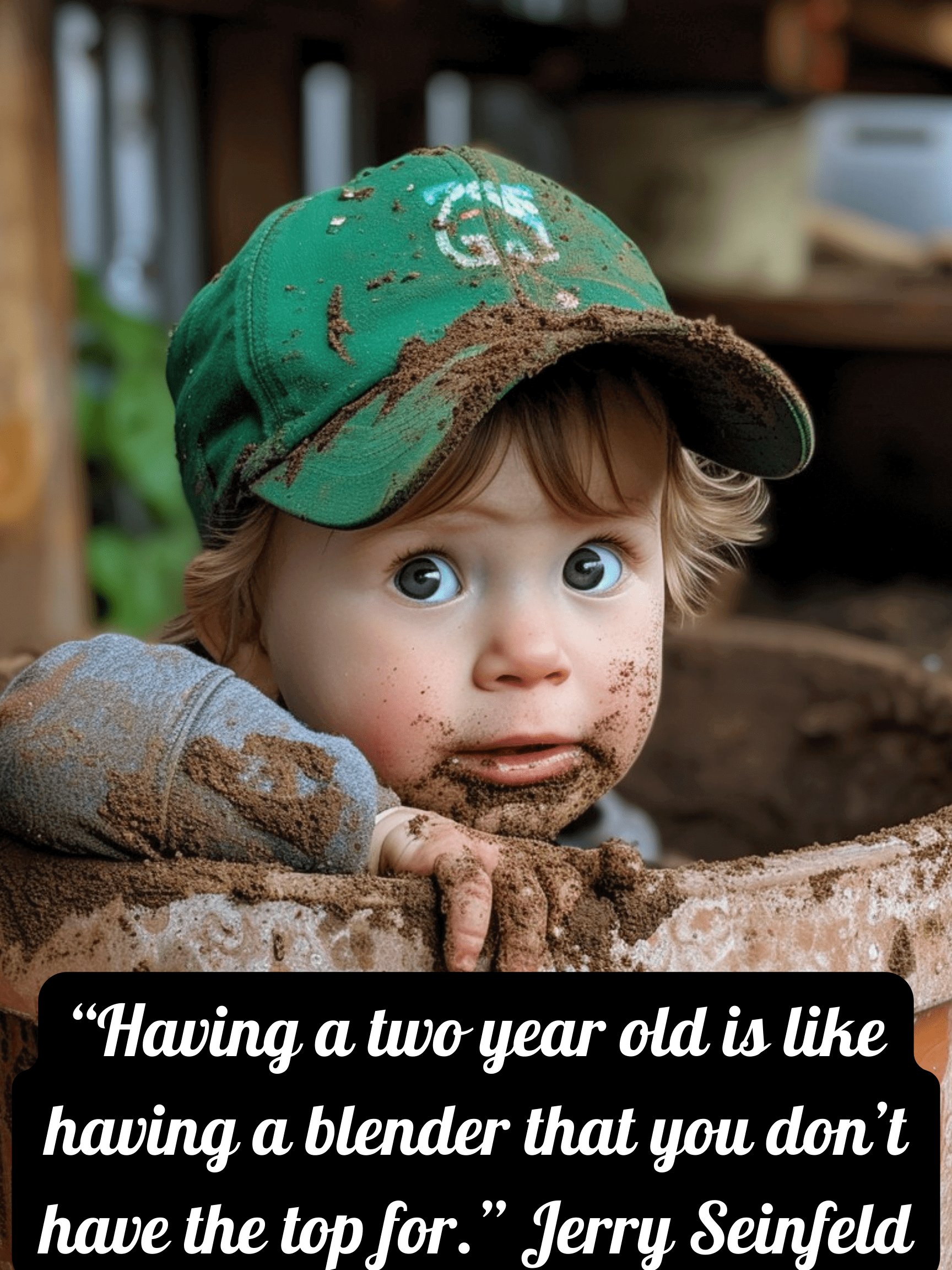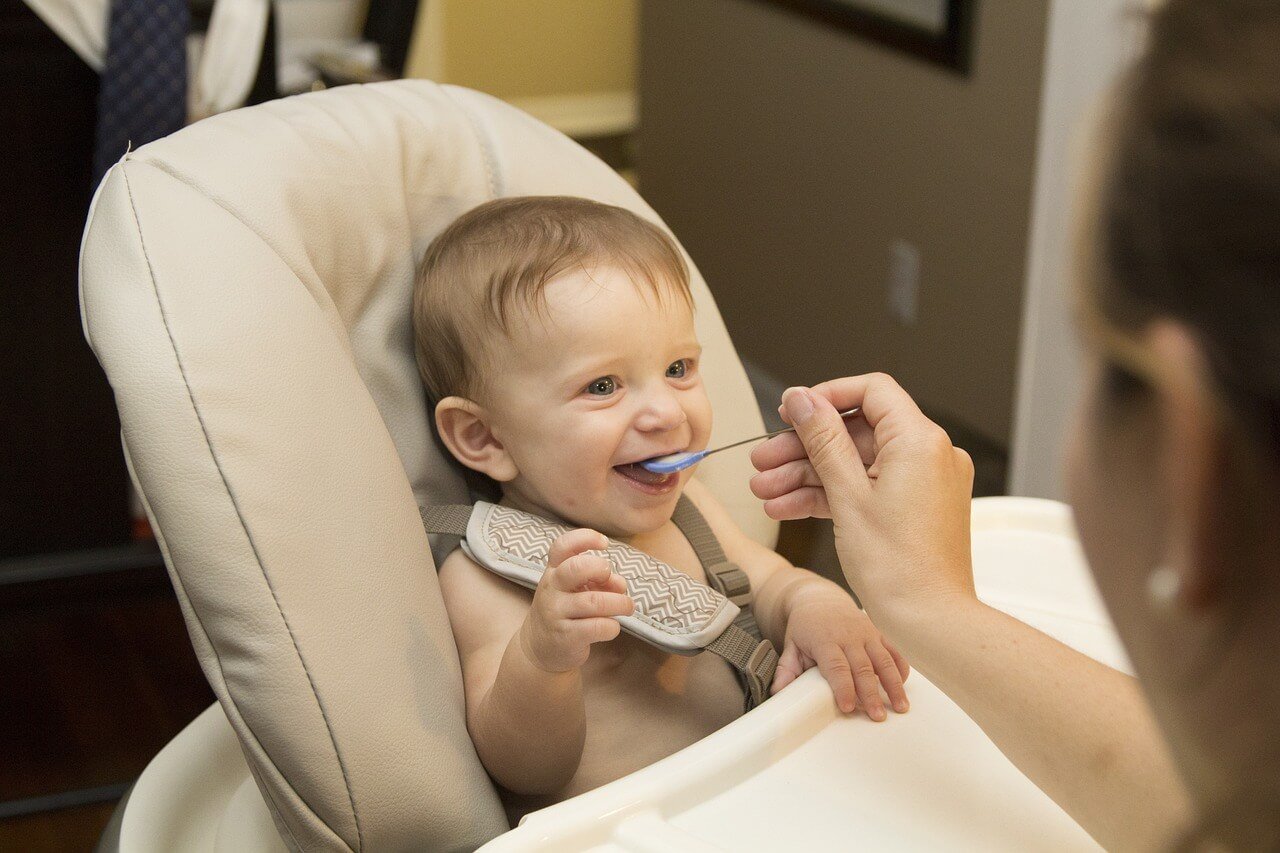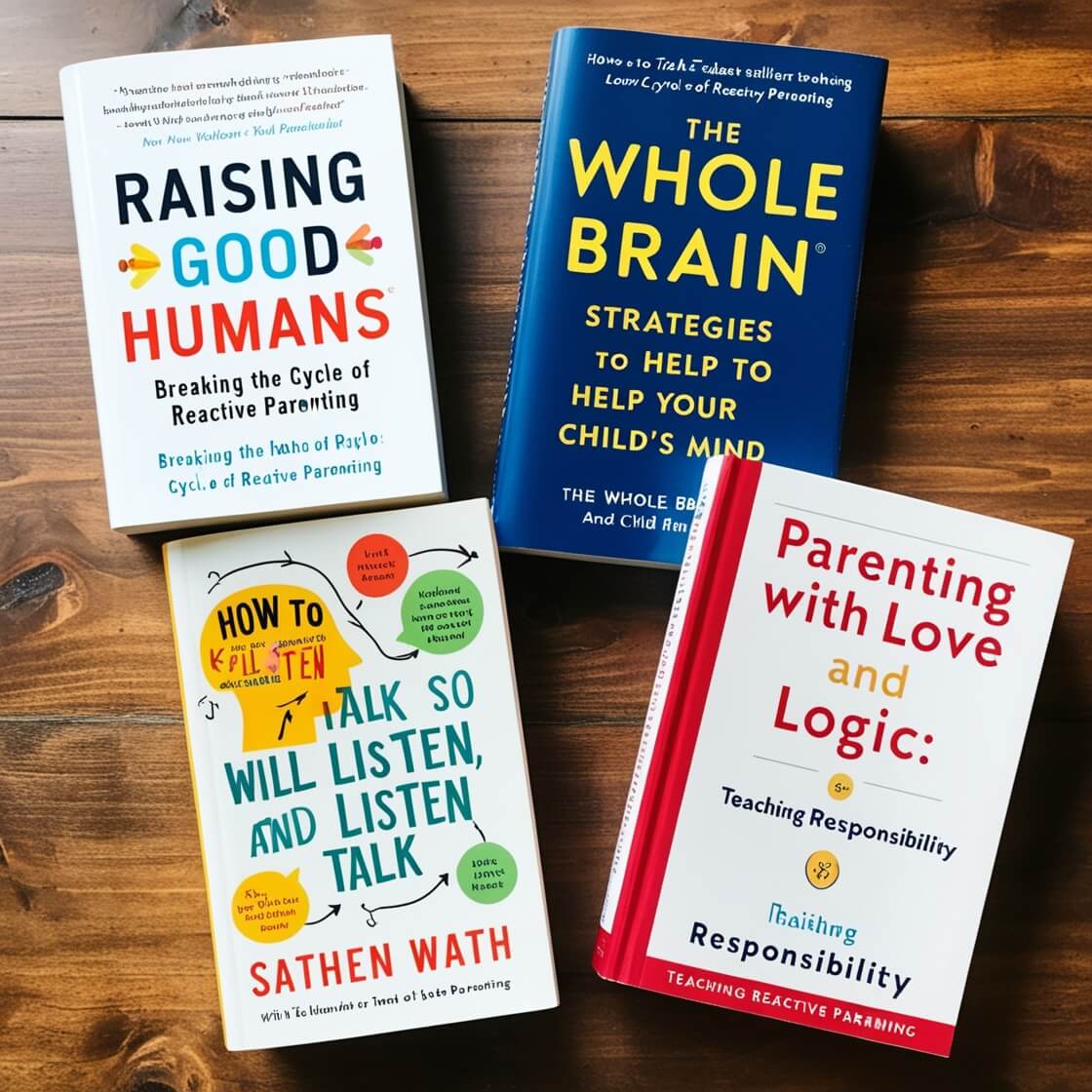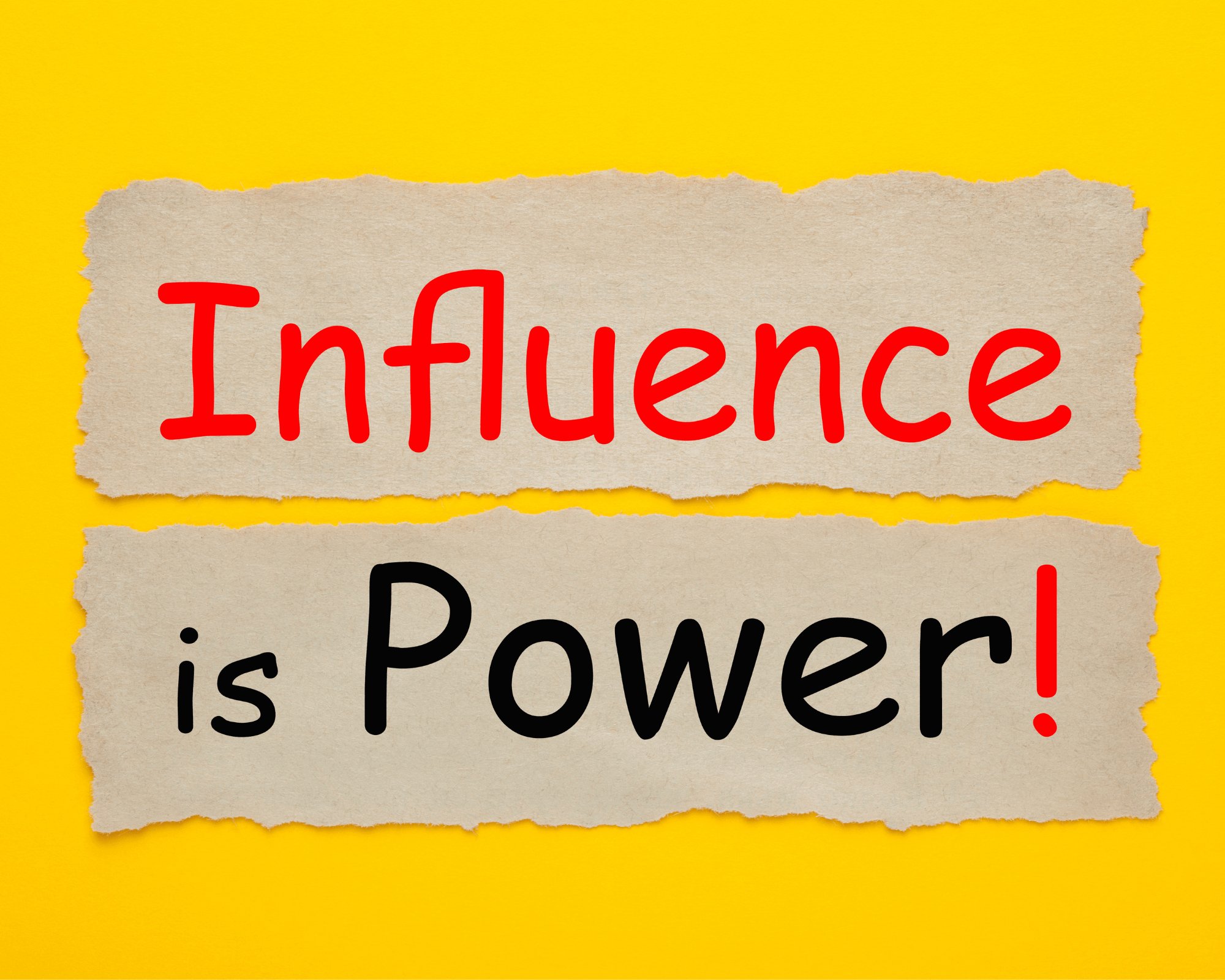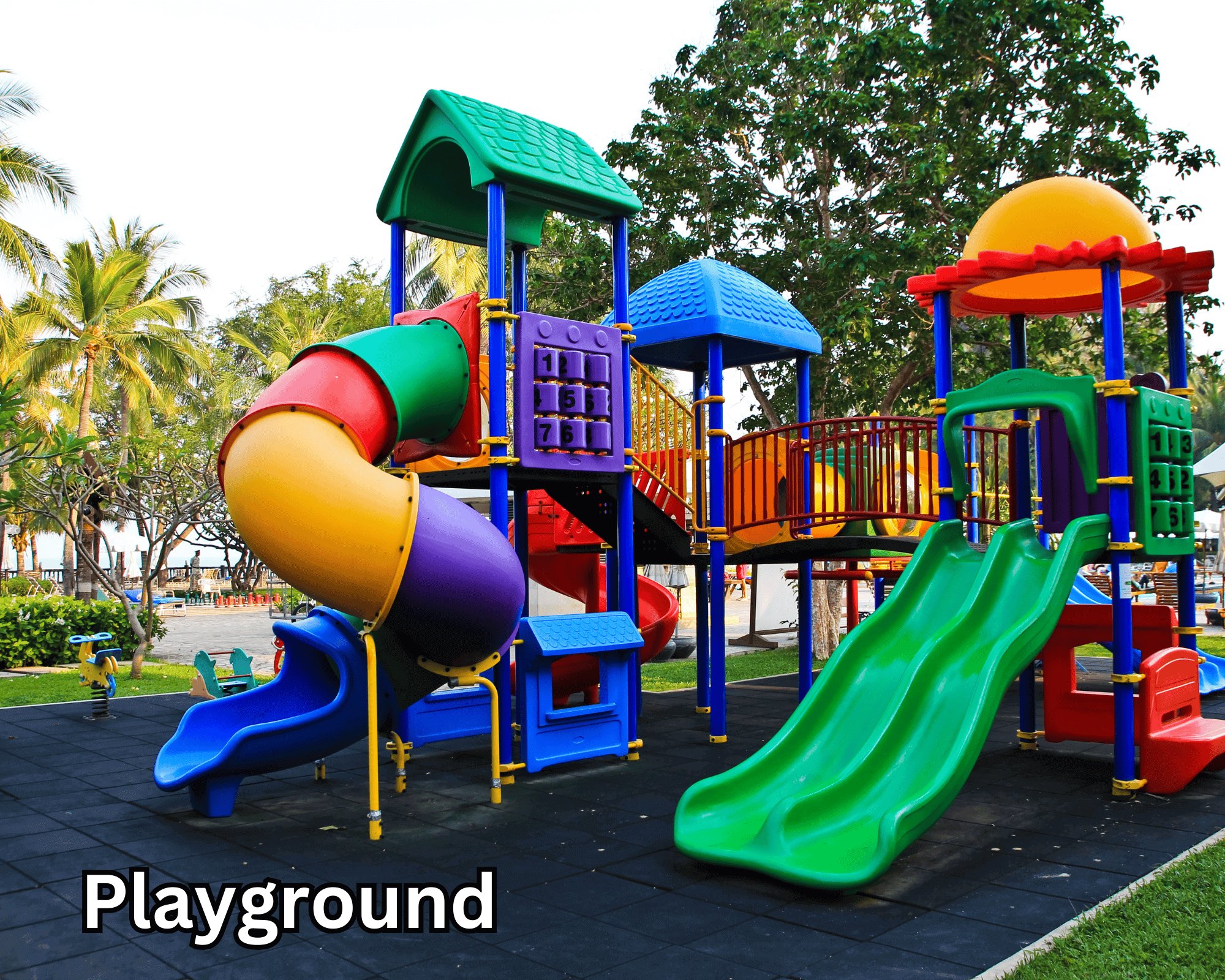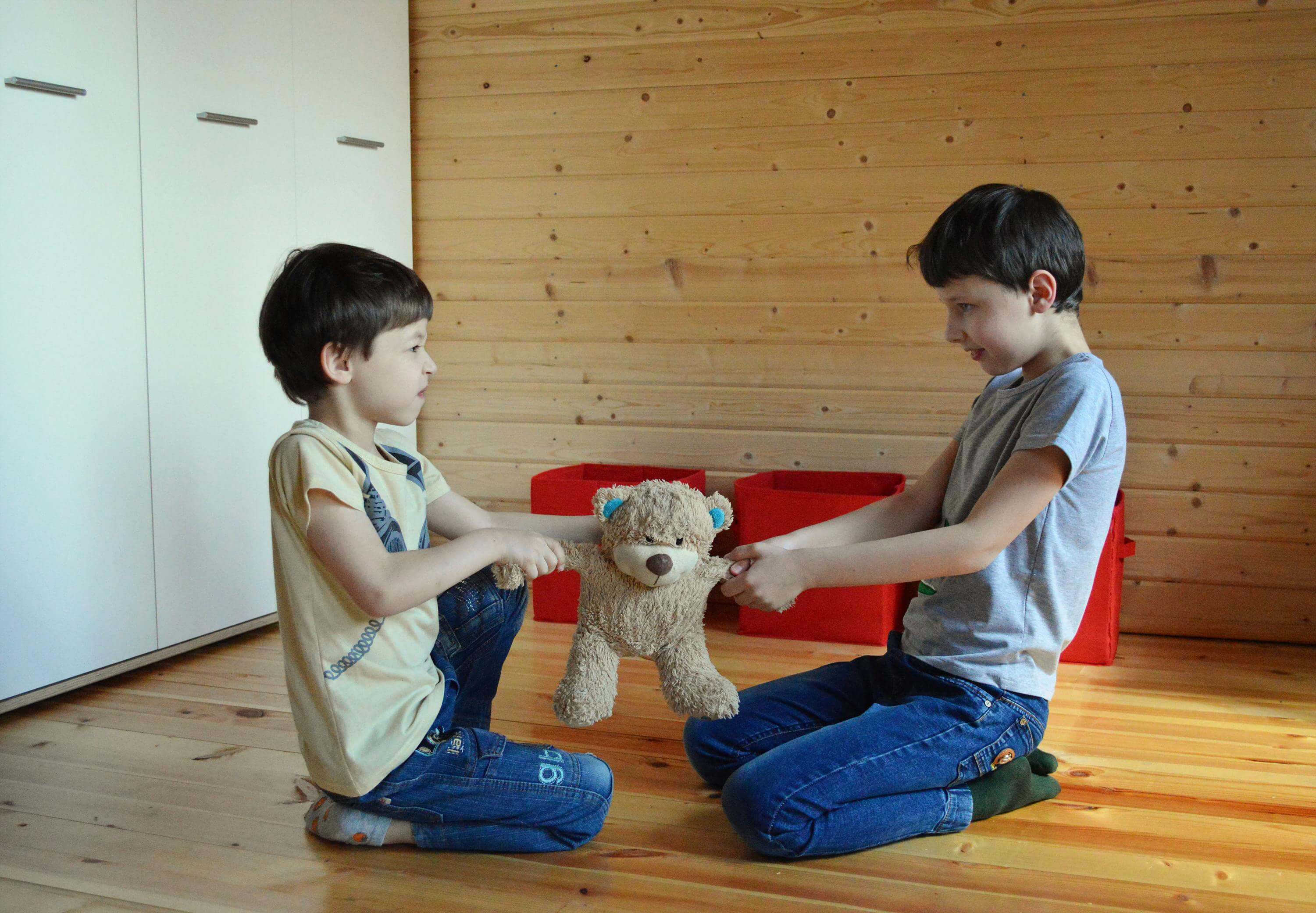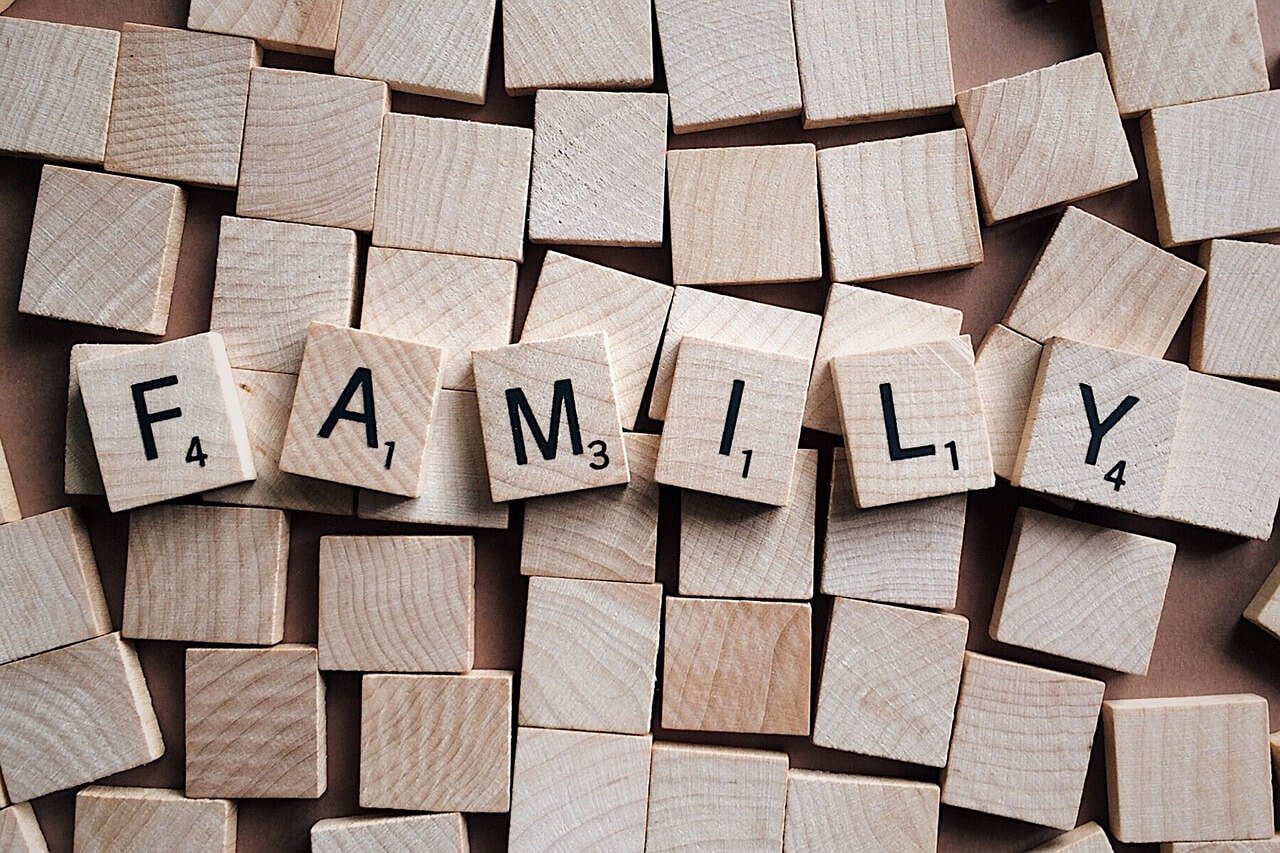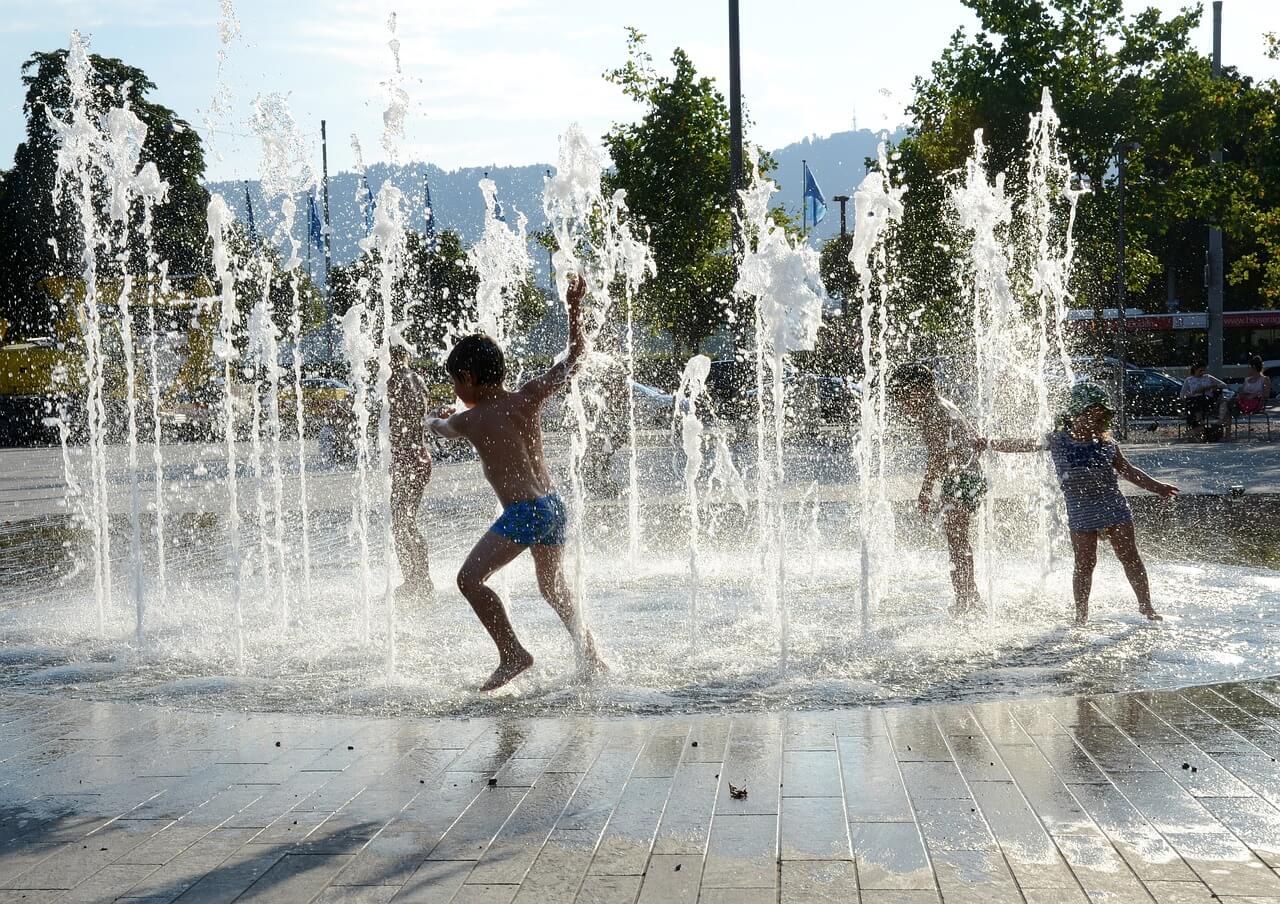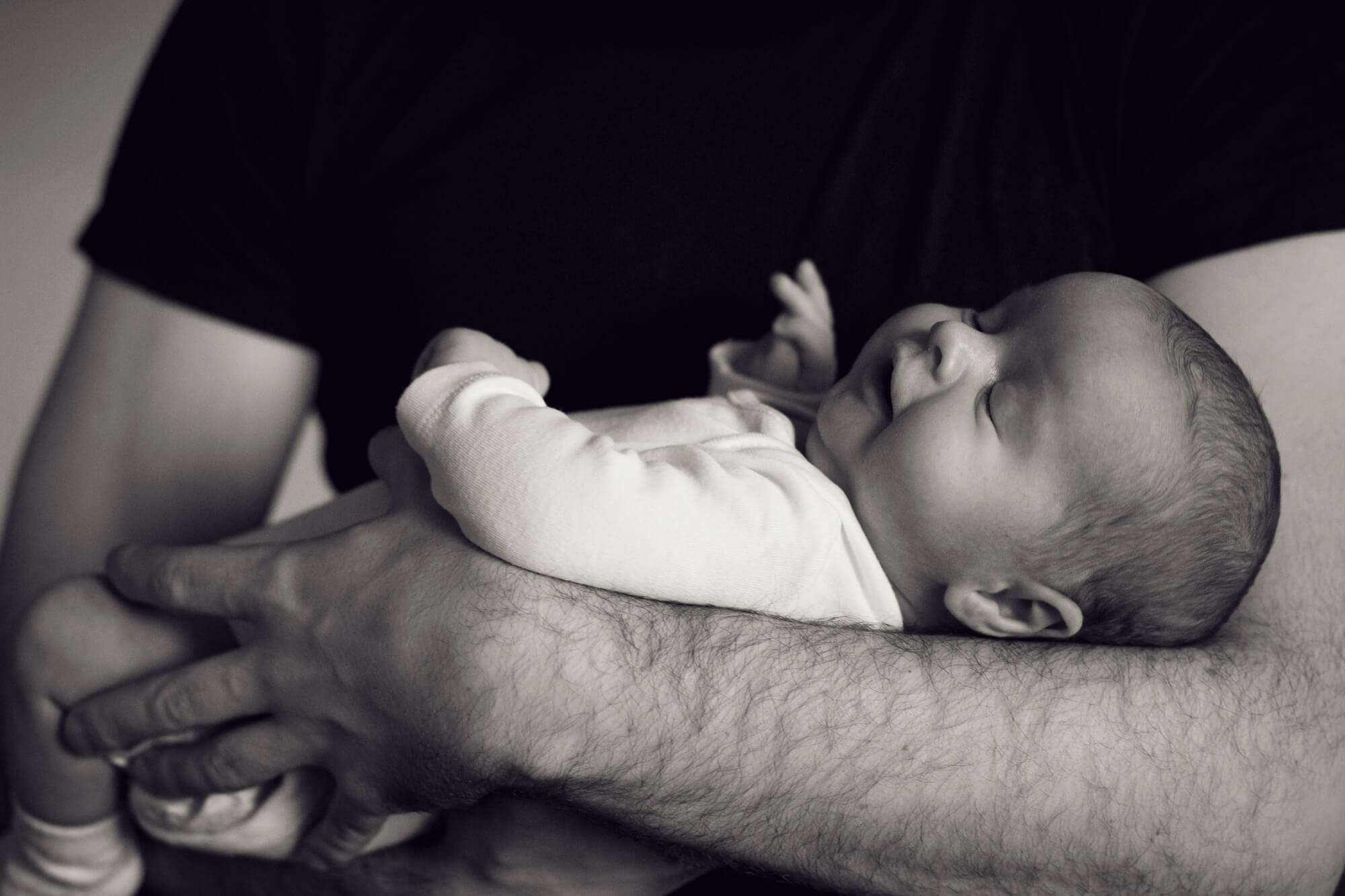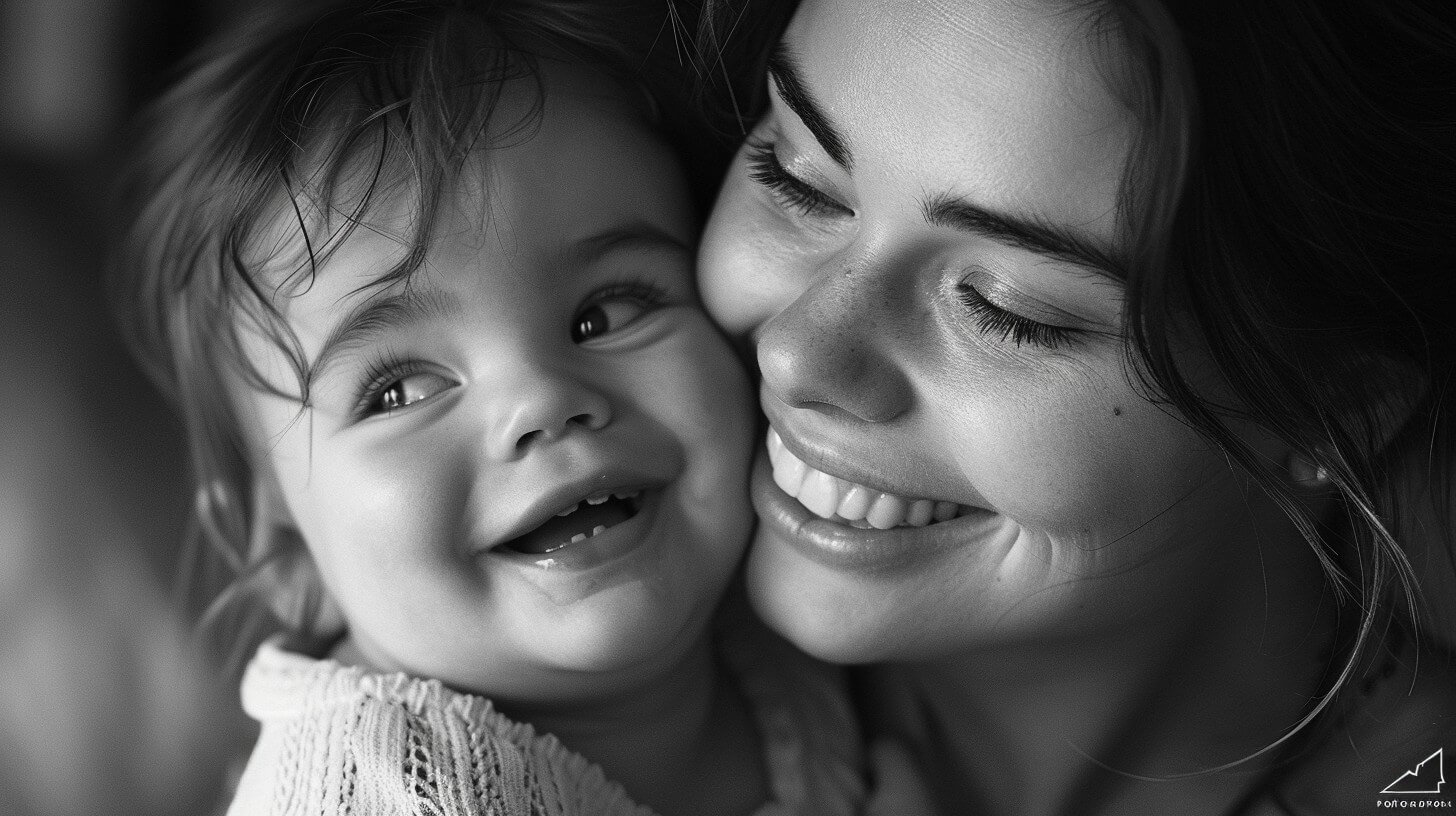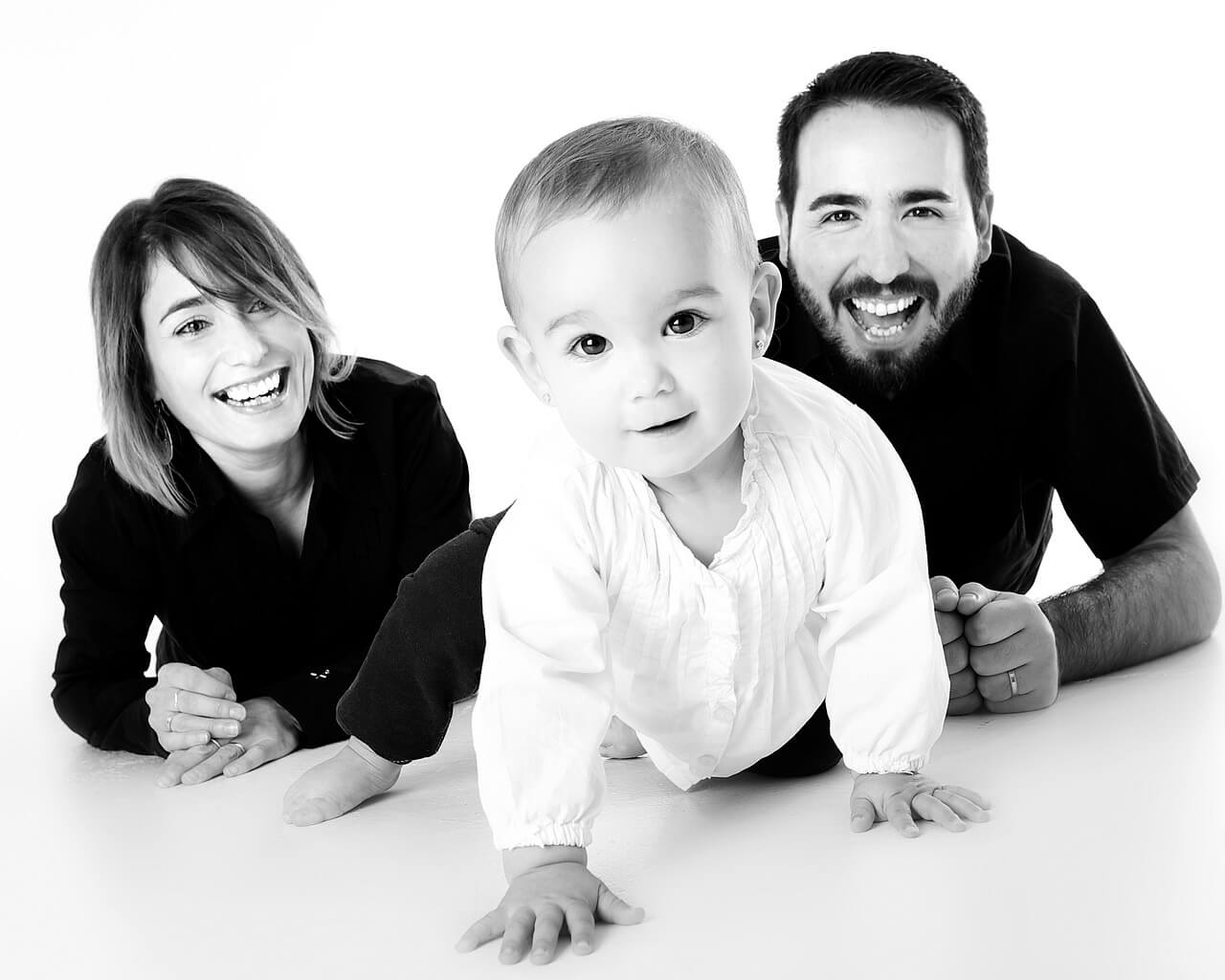Parenting a Toddler - Expert Parenting Advice and How to Deal with Tantrums
Parenting a toddler is an exciting time filled with learning and laughter and of course, it has its fair share of difficulties.
Your toddler will explore the world with curiosity, and it will be up to you to set the appropriate rules and boundaries to help with their growth and development.
Being consistent plays a vital role in parenting a toddler, however, it’s not just about implementing rules. It's also about creating a safe and stable environment where your children are able to thrive.
When expectations are clear and boundaries are consistently followed toddlers tend to feel more safe and secure.
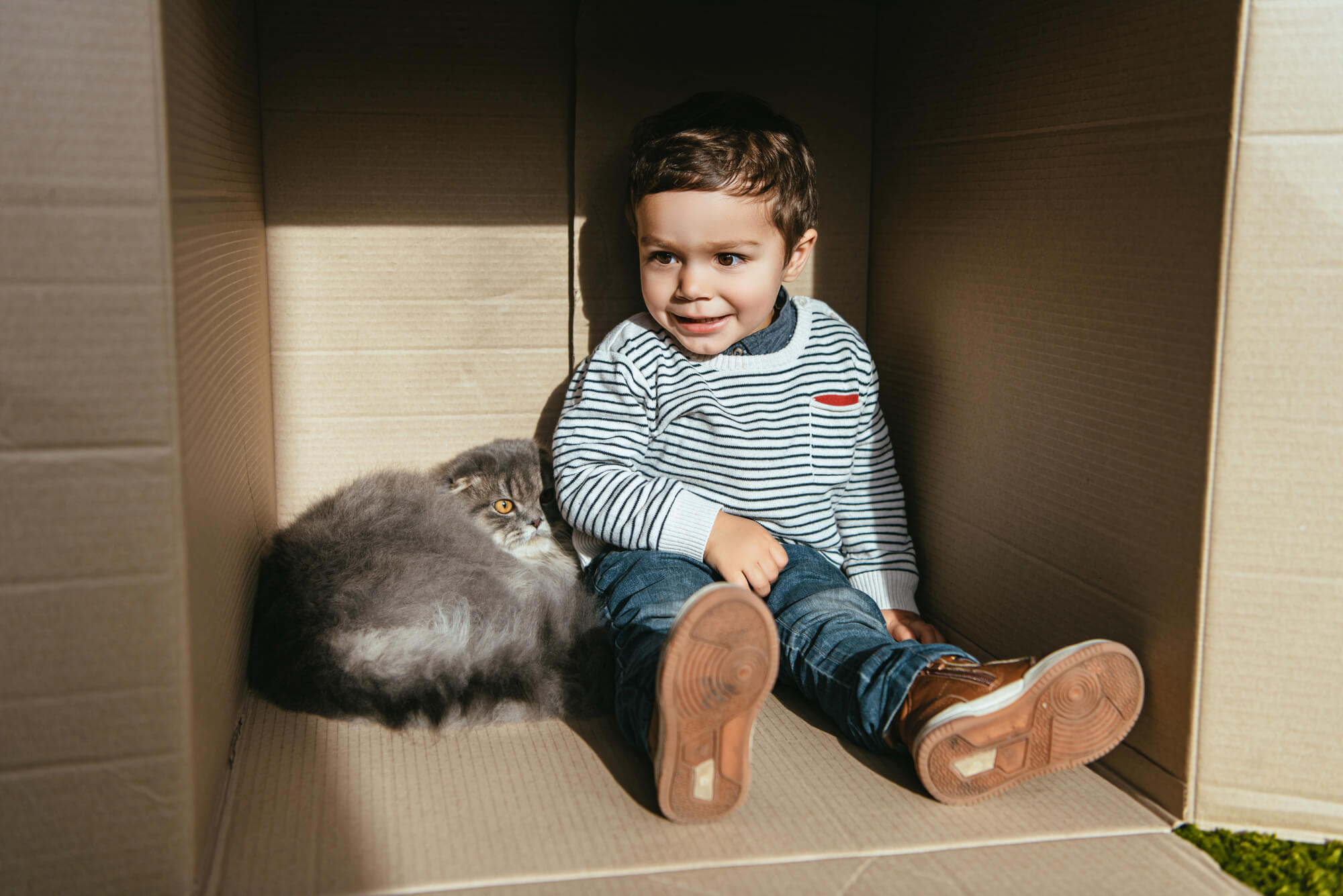 Toddler is sitting in a large box with his cat who is curled up beside him. depositphotos.com Sere Brina
Toddler is sitting in a large box with his cat who is curled up beside him. depositphotos.com Sere BrinaHowever, staying consist can be challenging at times. Whether it's toilet training or regulating screen time, being on the same page regarding just about anything sets the stage for a balanced parenting approach.
Expert - Mark Shane, MD
Medical Director and Pediatrician explains the role consistency plays in every phase of your toddlers growth.
Parenting a Toddler is About Being Consistent
One of the biggest challenges parents struggle with is being consistent in setting expectations and following through on rules.
As your child grows and develops they start to gain independence and confidence, something every parent wants.
Simply looking out for your children lets them know you love and care for them.
Being consistent in your rules also lets your child know what behavior and actions are appropriate and what are not. Children are smart and will test your rules.
So if you only sometimes enforce a rule they will consistently challenge you which can lead to tantrums and power struggles between you and your child.
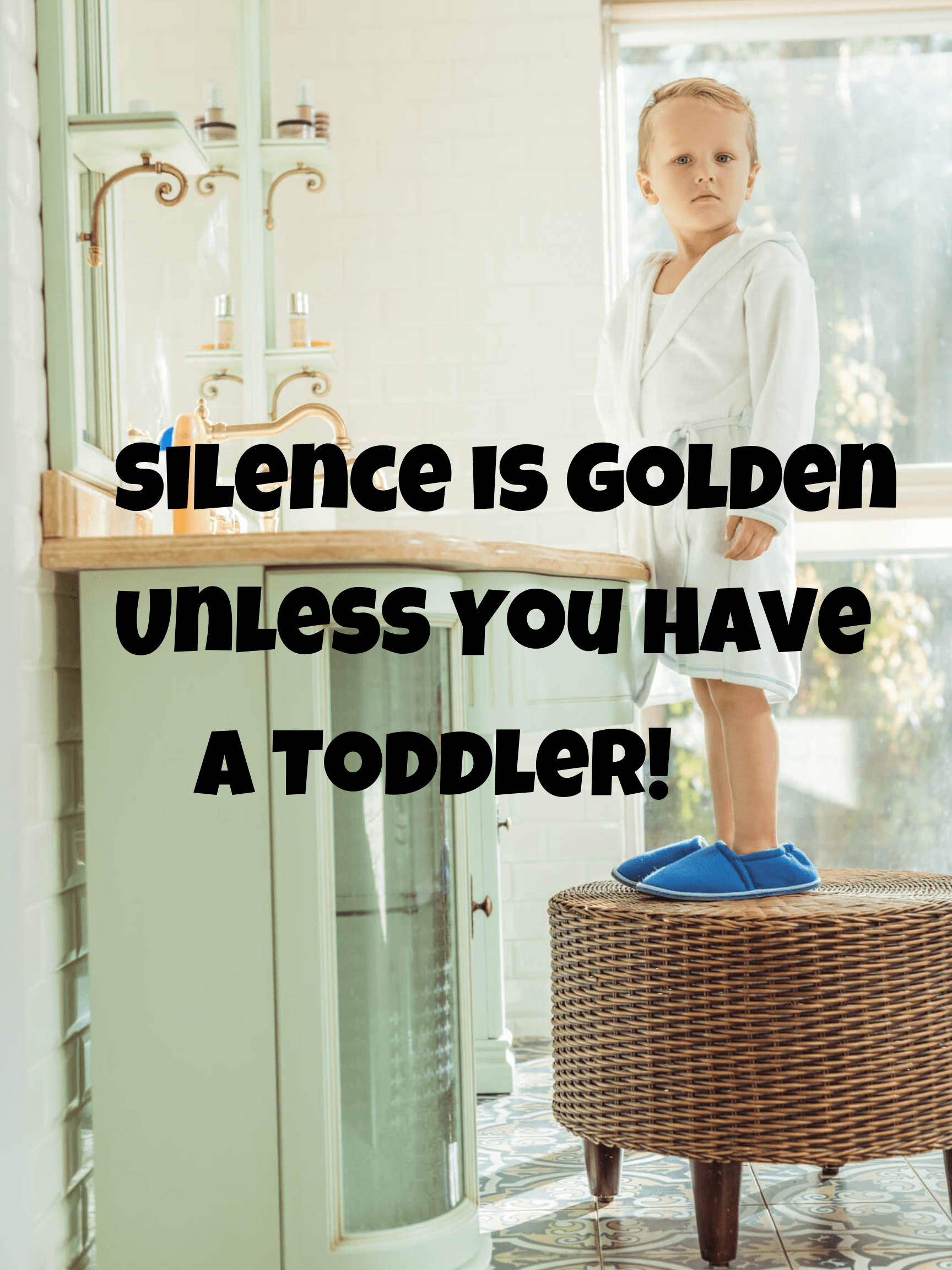 Toddler is standing on an ottoman in front of a dress, possibly looking around to see if anyone is watching.
depositphotos.com
sera brina
Toddler is standing on an ottoman in front of a dress, possibly looking around to see if anyone is watching.
depositphotos.com
sera brinaAnd of course, when there's two parents it's even harder to be consistent.
Both of you at the earliest stages should talk about what rules you agree on and which you do not.
Being on the same page with the most important and bigger issues will make both your lives easier.
This might include things such as;
- Bedtimes
- Respectful language
- Helping out at home
- Getting ready for preschool
- or Limiting screen and video time
Communication and consistency are both keys to setting expectations and enforcing rules, which will help you feel better about being an effective parent.
Parenting a Toddler and Timeout
One of the best tools to let your child know when their behavior is not okay is - Time Out. I prefer time-ins, but this is information from an expert.
Timeouts are not only for your child but they also give parents a moment to calm down, when they need it most.
Timeouts should be reserved for behaviors that are more harmful, destructive or disrespectful and it's very important to be consistent in enforcing them.
First, timeouts should be in a safe place that's not scary and removed from the main living area. Also somewhere where you can keep an eye on them without them seeing you.
Timeouts are typically one minute for each year of age and should be used immediately after the bad behavior to be effective.
You can set a clock or a cooking timer with a bell and when the bell rings timeout is over.
If your child refuses to stay in timeout they may need to go to a bedroom without toys or TV, calm down for a minute or two and then go to the timeout spot.
After timeout is over move on, no more discussion needed. You can say something positive, which can help. It could be something simple like, “you're really playing nicely with your toys.”
With timeouts your child quickly learns that bad behavior has consequences and gives you an effective way to correct your child's behavior.
Parenting a Toddler and Toilet Training
When is a good time to start toilet training? There is not one answer when it comes to toilet training your toddler.
It depends upon your goals for starting and it's important to make sure the timing is right for both your child and your family.
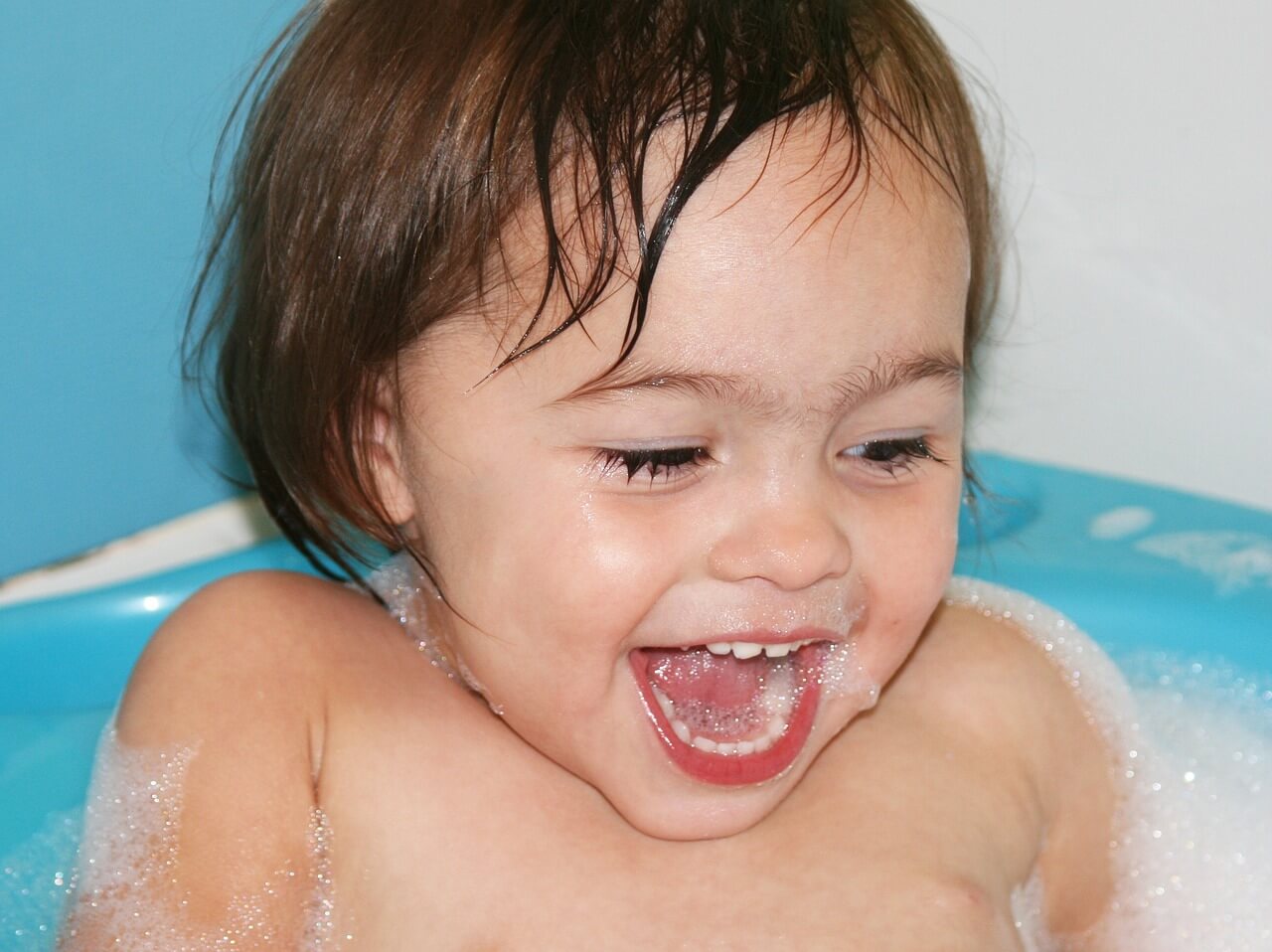 Toddler in bubble bath and is laughing.
Toddler in bubble bath and is laughing.If you or your family are going through major life changes or your child is in their defiant stage and they will go through this stage, it's usually better to wait for these times to pass.
But before you even start toilet training, it's good to let your child know what it's all about. Start reading children's books about toilet training, talk about using a potty.
Have them practice sitting on their own potty chair and even showing them that you sit on the toilet too can help.
Some signs that your child may be ready to toilet train include;
- they try to do things by themselves
- they say no, when you offer help
- they act uncomfortable when their diaper is wet or dirty
- and they can use some signs or words to let you know when they want things.
But rest assured it's not a one-size-fits-all approach and toilet training is not a race. Most importantly, be patient and supportive, your child will learn how to use the toilet.
It just might be more on their timeline than yours.
Source Mark Shane, MD
Medical Director and Pediatrician


